Llamau explored the viability of a new kind of funding model to ensure that charities, whose work benefits the public sector, are funded more sustainably and fairly.
Llamau
Grant Awarded: £15,000
Current Phase: Implementation
Llamau is a Welsh charity with a track record of innovative, creative and high-quality services working to end homelessness for young people and women, providing safe accommodation and support to enable people to move forward with their lives.
The idea
Projects run by third sector organisations often find it hard to finance their work in a sustainable manner, yet many of them generate (or have the potential to generate) significant savings for a range of public bodies.
Using the outcomes of one of their pre-existing projects Symud Ymlaen Moving Forward (SYMF) as a basis, Llamau proposed to undertake research and development to identify the savings made to government departments and make the case to re-invest them into the third sector.
What happened
Llamau explored the viability of a new kind of funding model to ensure that charities, whose work benefits the public sector, are funded more sustainably and fairly.
By re-investing the savings that charitable and third sector organisations generate for public services back into the sector, better, longer-term outcomes can be achieved for the people using the services. At the same time, the third sector gains funding security to continue delivering high-quality services.
Specifically, Llamau developed and tested this funding model with its Symud Ymlaen Moving Forward (SYMF) project which works with young people aged 16-18, not in education, employment or training, who are in or leaving care, and those known to the Youth Justice system.
Llamau’s research and development work was able to identify and quantify savings to the public sector, but routes to reclaiming these savings are not well understood. Working within a devolved administration brought up its own challenges since some of the savings generated to the public sector are non-devolved.
Llamau’s sustainable social investment model is built and was tested on the basis that cash savings can be realised and recycled through profit-sharing agreements or outcome-based contracts. In order to implement the project at scale, Llamau would need to secure an agreement with public sector organisations to return savings generated by Llamau’s work with young people.
Insights
- Great teams need a range of skills, and working together enables people to apply a mix of skills that go beyond the scope of one individual, helping to coordinate activities towards a bigger common goal. Llamau sustained some delays at the start of their project due to difficulties in finding the right person with the right skills to research and develop their alternative funding model.
- Involving the right people at the right time is crucial to the success of any project. Now that Llamau has proof of concept, they need to secure buy-in from the right stakeholders in order to secure the reinvestment of the savings their work has generated.
What’s next?
Llamau produced a business case to move their project forward to Implementation phase, as part of Innovate to Save, and are now negotiating with public sector organisations to undertake a funded pilot of the model.
